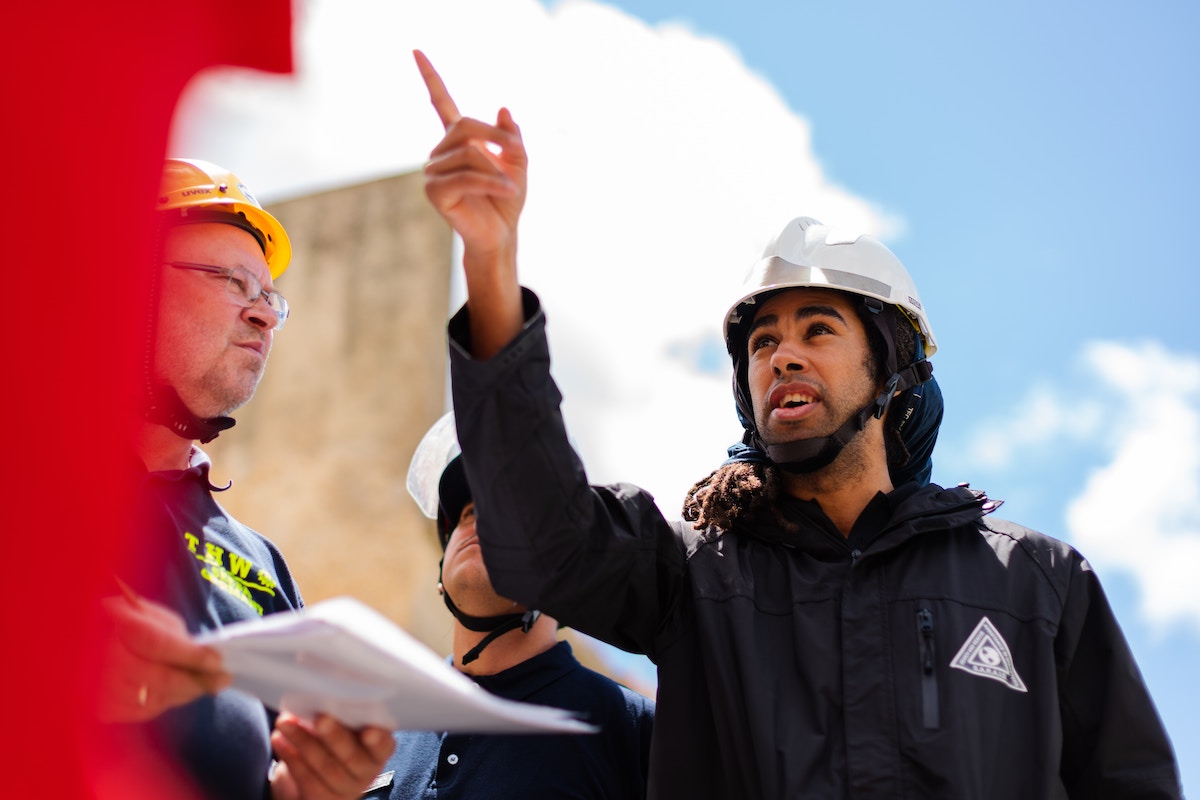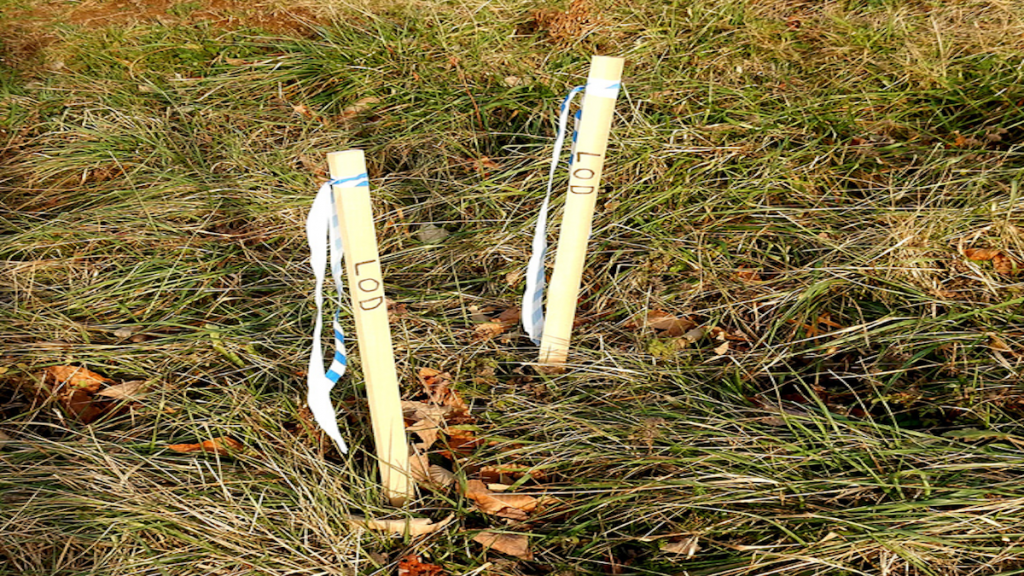In the world of construction and engineering, the roles of site engineers and field engineers are often used interchangeably, but they hold distinct responsibilities and contributions to a project. In this article, we’ll dive into the specifics of each role, highlighting their differences and the unique value they bring to the field.
Site Engineers: Overseeing the Project
A site engineer is responsible for the day-to-day operations at the construction site. They ensure that the project progresses as planned, overseeing activities such as managing labor, coordinating with subcontractors, and ensuring that the project adheres to design specifications. Site engineers play a vital role in quality control, monitoring work quality, and safety protocols.
Learn more about the role of a site engineer through external resources:
- The Construction Management Association of America (CMAA) provides insights into the responsibilities of site engineers in construction management.
- Visit What Does a Design Engineer Do? to understand the role of design engineers in the surveying and engineering process.
Field Engineers: Technical Support on the Ground
A field engineer, on the other hand, provides technical support and expertise in the field. They ensure that the design specifications are accurately implemented, working closely with site engineers, construction crews, and design teams. Field engineers perform tasks such as conducting surveys, making accurate measurements, and providing guidance on engineering challenges that arise during construction.
External resources to understand the role of a field engineer:
- The National Society of Professional Engineers (NSPE) offers valuable insights into the role of field engineers in the engineering profession.
- Explore How to Find a Good Local Surveyor for guidance on choosing qualified professionals in the field.
The Distinct Contributions
While both site engineers and field engineers work in close collaboration, their roles have distinct focuses. Site engineers ensure the smooth execution of the project on-site, managing resources and schedules, while field engineers provide technical expertise, ensuring accuracy in construction and addressing engineering challenges.
Conclusion
In conclusion, the roles of a site engineer and a field engineer are integral to the success of any construction project. Site engineers oversee daily operations and manage resources, while field engineers provide technical guidance and ensure design accuracy. Understanding these differences is essential in appreciating the diverse contributions each role brings to the dynamic field of construction and engineering.



